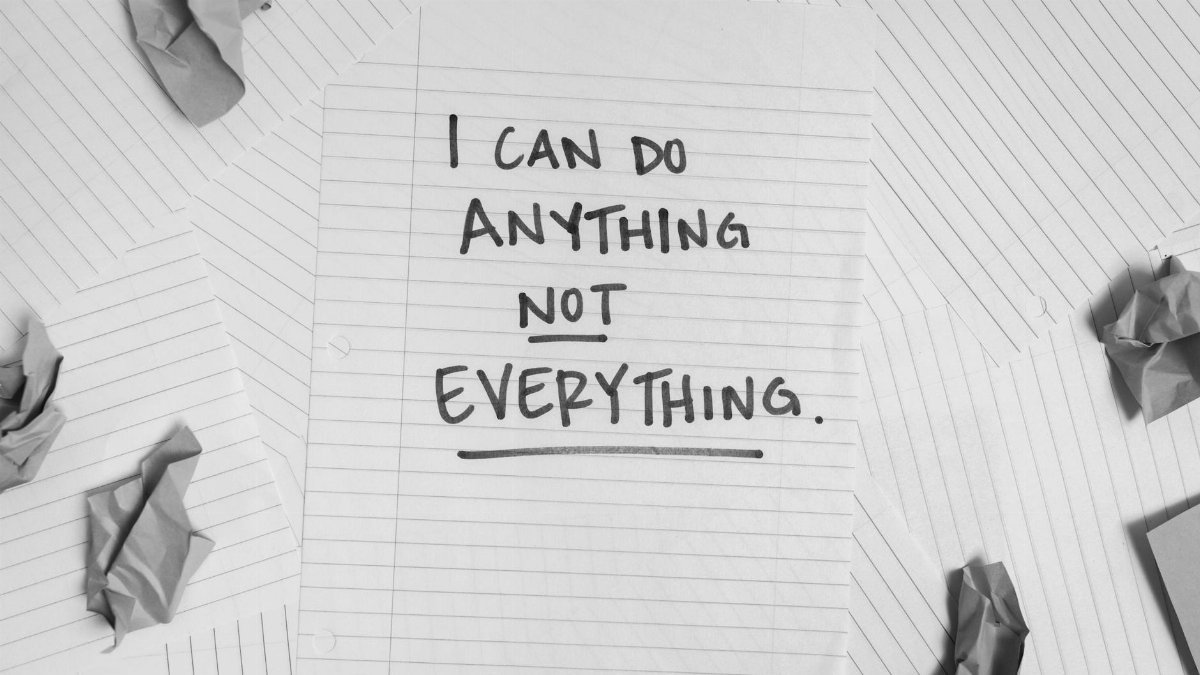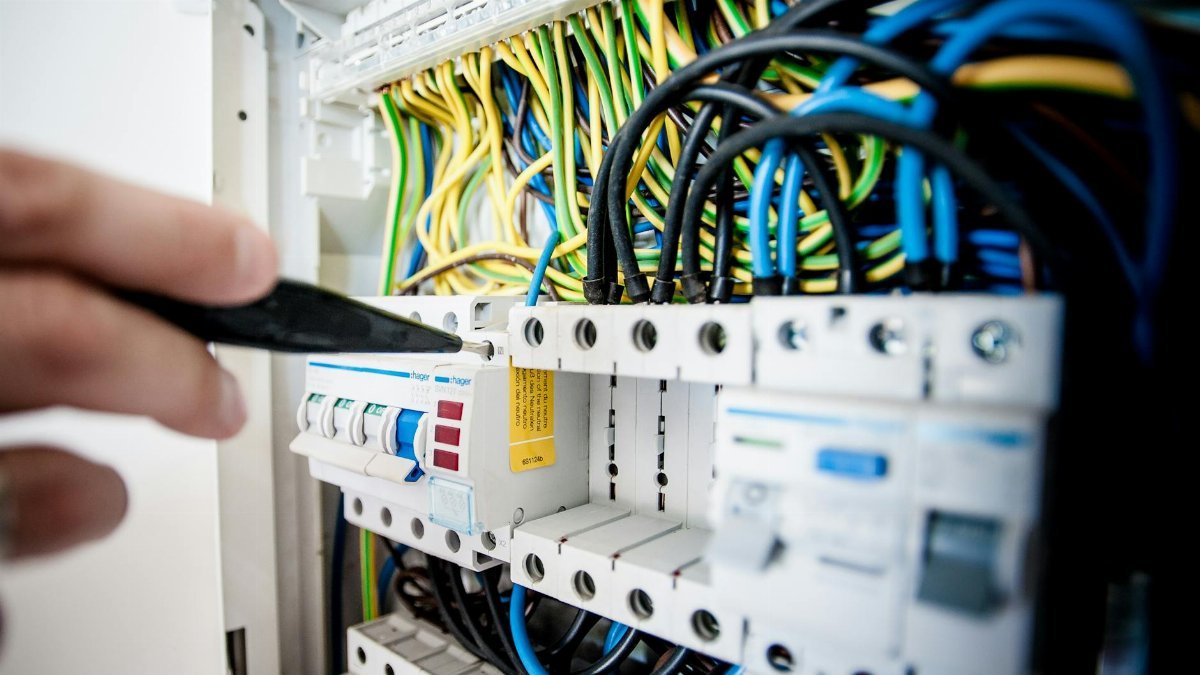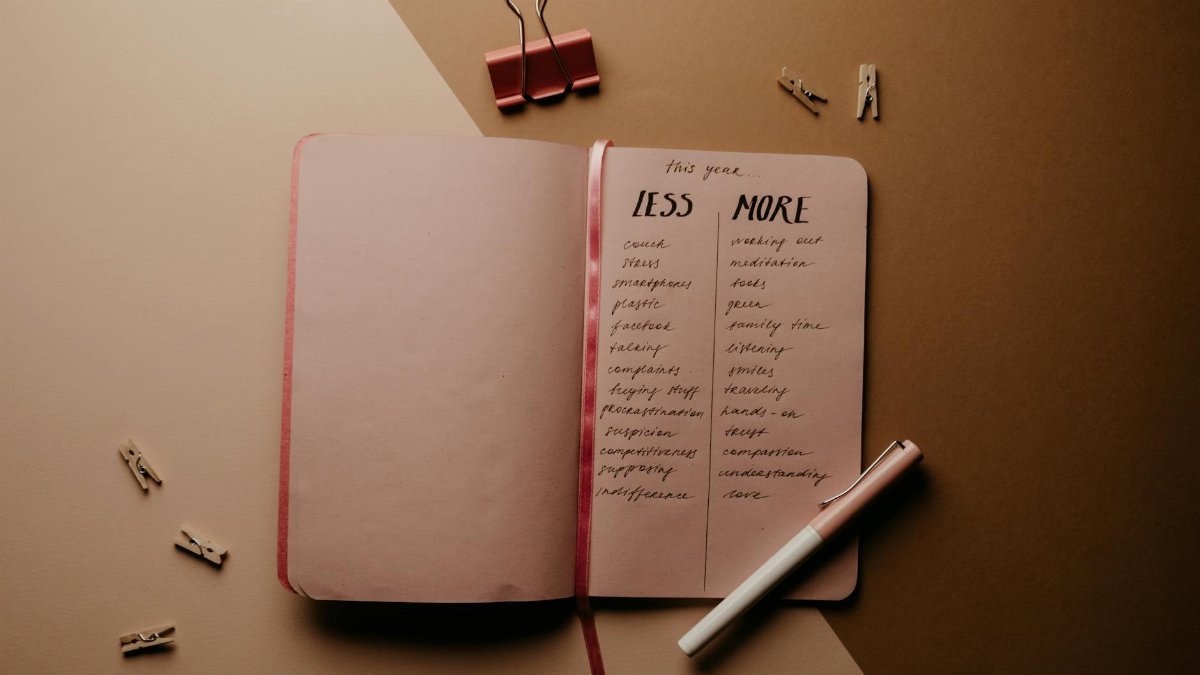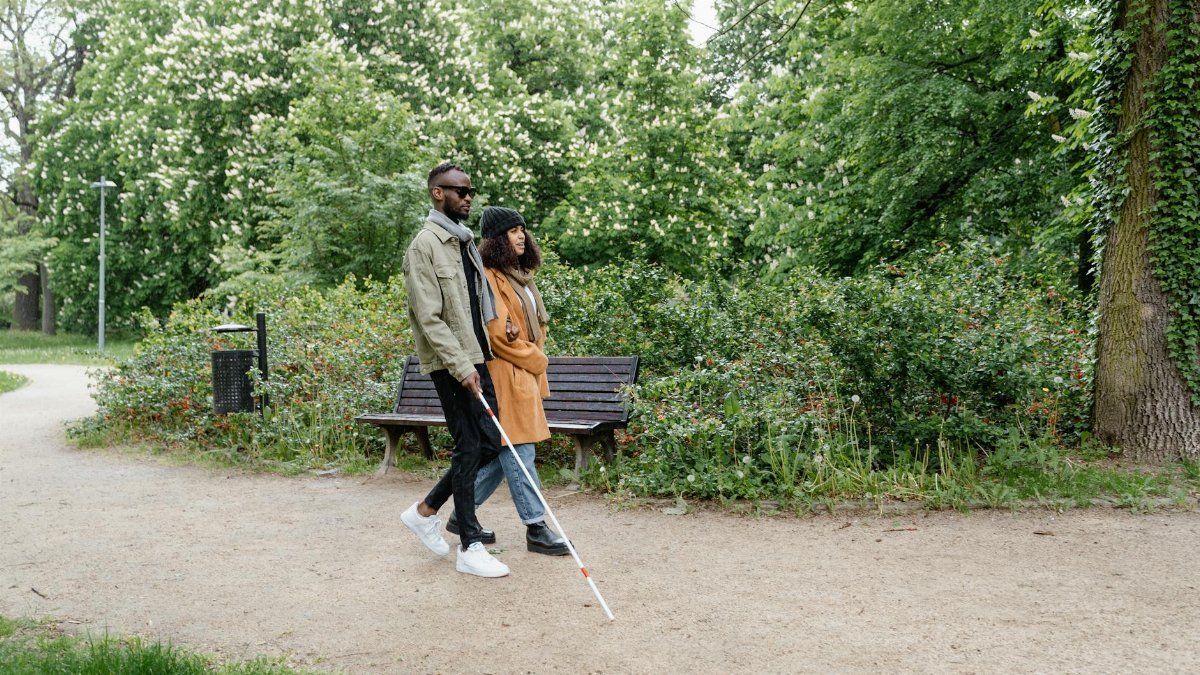Walk down any street in Portland or Austin these days, and you might notice a subtle shift. Yoga studios spill over with eager participants, meditation apps flash across phone screens in coffee shops, and conversations about stress relief often circle back to something deeper—mind-body healing. This isn’t just a passing fad. It’s a growing recognition that our mental and physical states are intertwined, shaping how we move through the world. For many, this approach offers a way to shed outdated patterns and step into a more aligned version of themselves. But how do you know if you’ve truly outgrown an old self? The signs are often quiet, yet profound, revealing themselves in small shifts of thought or unexpected bursts of clarity. They point to a transformation that’s as much about the body as it is about the mind.
1. You Listen to Your Body’s Signals

The body often speaks before the mind catches up. Maybe a tightness in your chest warns you of overcommitment, or a sudden burst of energy signals it’s time to move. When you’ve outgrown an old version of yourself, you start tuning into these cues rather than dismissing them. Mind-body healing plays a key role here, encouraging a dialogue between physical sensations and emotional states. Research from the National Institutes of Health shows that practices like mindfulness can heighten awareness of bodily signals, helping people respond to stress more effectively. It’s not just about noticing a racing heart; it’s about asking what it’s trying to tell you—and acting on it.
This shift can feel subtle at first. A friend in Seattle described it as finally “hearing” her fatigue after years of pushing through. She swapped late-night work for early bedtime, a small change that reshaped her entire week. These moments mark a departure from ignoring the body’s whispers.
2. Emotional Reactions Feel Less Automatic

Remember when a harsh word could spiral you into a day-long funk? If that grip has loosened, it’s a sign of growth. Outgrowing an old self often means your emotional responses aren’t on autopilot anymore. Through mind-body healing practices like breathwork or somatic therapy, many find a pause between trigger and reaction. A study by American Psychological Association highlights how mindfulness-based interventions can reduce emotional reactivity, creating space for choice.
Picture a heated moment at work. Instead of snapping back, you feel the heat rise, take a slow breath, and respond with calm. That gap—however brief—is evidence of rewiring. It shows the mind and body working as allies, not adversaries.
3. You Crave Simplicity Over Chaos

Chaos used to feel like home for some—overbooked schedules, endless to-dos, drama-fueled relationships. But when you’ve shed an outdated self, simplicity starts to call. It’s not about laziness; it’s about clarity. Mind-body healing often fosters this shift by grounding people in the present, cutting through mental clutter. A report from Pew Research Center notes a rise in Americans turning to meditation for stress reduction, a practice that often sparks a desire for less noise in daily life.
This might look like clearing your calendar for a quiet weekend or choosing a walk over a crowded event. It’s a deliberate move toward what nourishes, not what drains. That pull toward stillness is a quiet rebellion against an older, frenetic you.
4. Old Habits No Longer Fit

Think about habits that once defined you—scrolling mindlessly for hours, saying yes to every request, or bottling up stress until it exploded. If those feel alien now, you’ve likely moved on. Growth through mind-body healing often reveals how misaligned old patterns are with who you’re becoming. It’s not uncommon to suddenly notice how a habit grates against your newfound sense of balance.
Take someone who used to thrive on constant validation. After months of journaling and body-focused practices, they found themselves deleting social media apps without a second thought. The need for external approval had quietly faded. That kind of pivot—unforced and organic—signals a deeper shift in identity.
5. Boundaries Come More Naturally

Saying no used to feel like betrayal. Now, it’s a necessity. When you’ve outgrown a past self, setting boundaries becomes less about guilt and more about self-respect. Mind-body healing often supports this by helping people reconnect with their own needs, both emotional and physical. A study from Harvard Medical School underscores how stress management techniques can bolster emotional resilience, making it easier to protect personal space.
This might play out in small ways—declining an extra project at work or stepping back from a draining friendship. Each boundary drawn is a brick in the foundation of a newer, sturdier you. It’s less about pushing others away and more about honoring what your mind and body can handle.
6. You’re Drawn to Deeper Connections

Surface-level chatter starts to feel hollow. If you find yourself seeking conversations that dig into real feelings or shared growth, it’s a sign you’ve evolved. Outgrowing an old self often means craving relationships that mirror your inner work. Practices rooted in mind-body healing, like group meditation or therapy, can amplify this desire for authenticity by fostering vulnerability.
Imagine sitting with a friend, not just swapping small talk but unpacking how stress shows up in your bodies—tight shoulders for one, clenched jaw for another. That kind of exchange, raw and unguarded, wasn’t possible in an earlier chapter of life. It’s a marker of shedding superficial layers for something truer.
7. Physical Discomfort Feels Like a Teacher

Aches and pains aren’t just annoyances anymore. They’re messages. When you’ve moved past an old version of yourself, physical discomfort often shifts from something to ignore to something to investigate. Mind-body healing reframes these sensations as part of a larger story, not isolated nuisances. Research supported by the National Institutes of Health suggests mindfulness can alter pain perception, turning it into a point of curiosity rather than dread.
For one person, recurring headaches became a prompt to examine workload stress, not just pop a pill. They adjusted their pace, and the pain eased. That willingness to listen—to see the body as a guide—marks a profound departure from past indifference.
8. You’re Less Afraid of Stillness

Constant motion used to be a shield—against boredom, against feelings, against yourself. But now, stillness doesn’t scare you. Sitting quietly, whether in meditation or just on a park bench, feels less like a chore and more like a gift. This comfort often emerges from mind-body healing practices that teach presence over distraction.
Online discussions frequently highlight this shift. One anonymous account shared how, after years of dreading silence, a simple breathing exercise turned ten minutes of quiet into a sanctuary. That pivot—from avoidance to embrace—signals you’ve let go of a self that needed constant noise to feel whole.
9. Forgiveness Feels Lighter

Grudges once weighed heavy, whether aimed at others or yourself. If they’ve started to lift, you’ve likely outgrown a bitter, older self. Healing the mind and body together often softens these hard edges, making forgiveness less a struggle and more a release. It’s not about forgetting; it’s about freeing up space for peace.
Picture letting go of a years-old slight, not with fanfare but with a quiet exhale. Maybe it’s tied to a practice—writing a letter you’ll never send, or a body scan that loosens stored tension. Either way, the lightness that follows is a clue you’re not who you used to be.
10. You Trust Your Own Path

Comparing yourself to others used to be second nature. Now, there’s a quiet confidence in your own journey. Outgrowing a past self often means trusting that your pace, your choices, and your healing—mind and body alike—are enough. This isn’t arrogance; it’s acceptance, hard-won through reflection and practice.
A woman in her forties described this shift after starting yoga not for fitness, but for calm. She stopped measuring her progress against others in the class and focused on her own breath. That trust, in herself and her unique road, marked a break from an earlier, more uncertain version. It’s a sign you’ve arrived at a place where your inner compass matters most.
